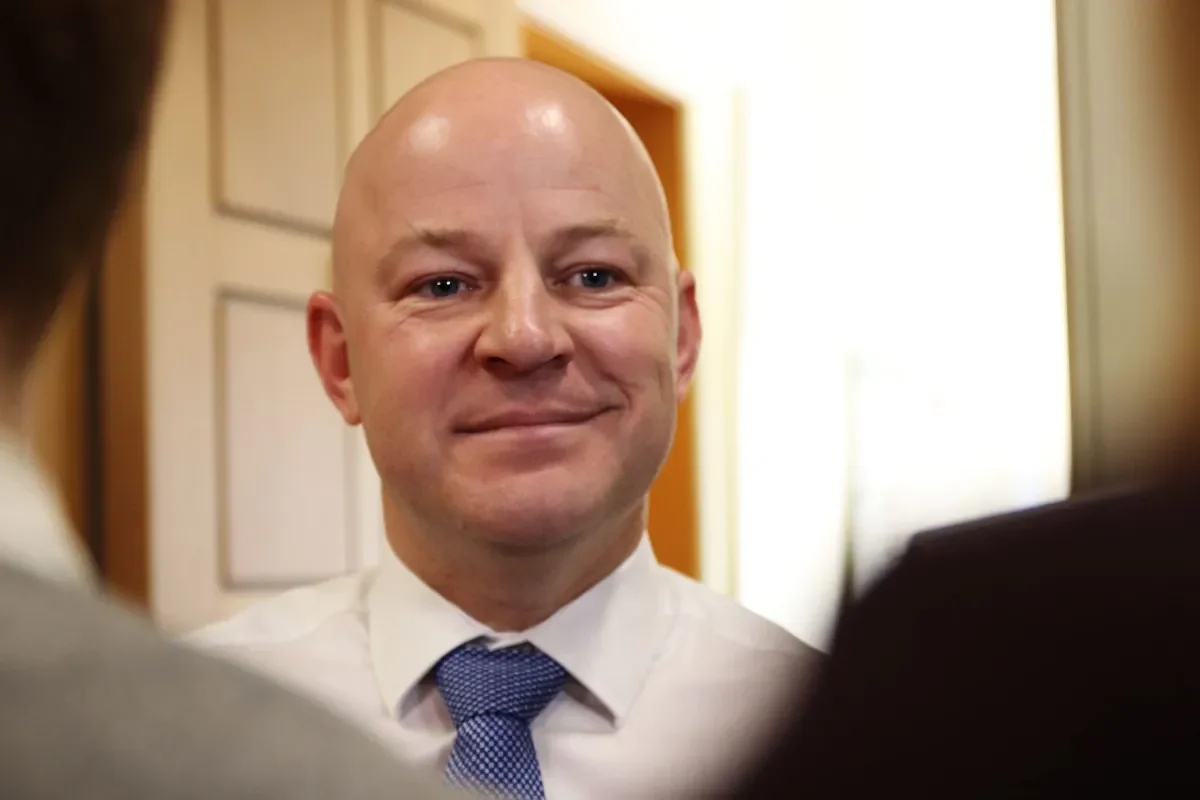Lifeline Faces Cuts Without $2 Million Rescue as Overnight Service Stays Offline
Lifeline Aotearoa has warned it will have to further reduce its operations unless a $2 million funding gap is filled — a shortfall that has already forced the mental health helpline to suspend services between midnight and 7am since March.
The 60-year-old service, run by Presbyterian Support Northern (PSN), receives no government funding and relies on donations and community support to stay afloat. PSN says it has appealed to the government for urgent help but has been referred back to Health New Zealand to determine whether funding options exist.
“We’ve done everything we can to plug the shortfall,” said PSN chief executive Shaun Greaves. “If services like Lifeline cannot be there, we can only see those statistics getting worse. And there are real people behind these calls.”
Impact of Funding Cuts
Greaves said Lifeline and the Tautoko suicide crisis helpline responded to 40,000 calls in the year ending June 2025. The overnight suspension, he said, has already resulted in missed calls and texts from people in distress.
Although midnight to 7am is traditionally the quietest period, Lifeline’s busiest hours are between 5pm and 11pm, when emotional distress often peaks.
Greaves acknowledged the government’s investment in other crisis response initiatives — such as peer support in emergency departments and new “crisis cafés” — but warned that New Zealand’s suicide rate remains too high.
“If you look at the long-term social and health costs of suicide, $2 million feels like a drop in the bucket,” he said.
Government Responds
Mental Health Minister Matt Doocey said he was not aware PSN had written directly to him, but confirmed that Lifeline had not received government funding for over a decade.
He maintained that funding decisions rest with Health New Zealand, not his office.
“In Budget 2025, we funded another 20,000 additional contacts on top of the existing funding for telehealth lines such as 1737,” Doocey said.
He added that other government-funded helplines remain available to those in need.
Mental Health Minister Matt Doocey.
Political and Public Reaction
Opposition parties have condemned the government’s handling of the issue.
Labour’s mental health spokesperson Ingrid Leary called the situation “worrying” and accused Doocey of being “missing in action.”
“He says he wants 24/7 crisis response, yet he’s had months to prevent this frontline crisis,” Leary said.
Green Party co-leader Chlöe Swarbrick described the development as “extremely distressing,” arguing that Lifeline’s situation reflected the government’s failure to fund essential mental health services.
“We clearly have a mental health crisis in this country,” she said. “And the underlying causes — inequality, housing insecurity, low income — are all being made worse.”

